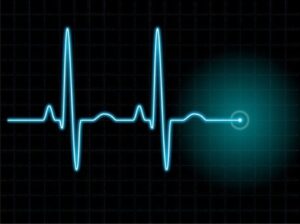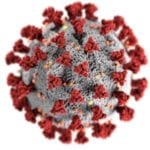The Strategy Analytics User Experiences Strategies (UXS) service has released a new report that suggests that COVID-19 has kickstarted the remote healthcare market, and that demand for remote solutions will continue to climb in the wake of the pandemic. In that regard, the firm noted that many healthcare providers were forced to transition to a remote care model to comply with COVID lockdowns and to protect the health of vulnerable patients.

In response, technology providers released a raft of new services and new devices to help meet the skyrocketing demand for remote care solutions, with a particular emphasis on wearable devices that can monitor a patient’s vital signs on an ongoing basis. Medical wearables have added many new utilities over the course of the past few years, supplementing basic heart rate and sleep monitoring capabilities with more complex biometrics like blood pressure, ECG, blood oxygen level, muscle mass, and metabolic tracking.
For its part, UXS is now arguing that those solutions will serve as the foundation for a better remote care ecosystem moving forward. Individual consumers can use a smartwatch as their own personal fitness tracker, or patients can use a skin patch or another wearable while participating in a full-service monitoring program with a healthcare professional. Either way, the wearable provides patients and doctors with real-time insights into someone’s well-being.
Governments have implicitly supported the expanding wearables market by approving a greater number of consumer devices for medical use. That, coupled with the proliferation of the remote work environment more generally, will make it easier for healthcare organizations to provide quality digital services in the foreseeable future.
“We know that people want to take control of their health and prioritize health indicators in their wearables,” said UXIP Director and report author Lisa Cooper. “COVID jumpstarted remote healthcare and people had to take control by becoming more accustomed to digital modalities of care. Governmental agencies also fast-tracked approvals so the infrastructure is developing to enable the support and promotion of remote monitoring.”
The report goes on to argue that equipment manufacturers should collaborate with academia and healthcare practitioners to create more robust wearable devices that empower people to take charge of their own care. BioIntelliSense’s BioSticker, B-Secur’s HeartKey algorithms, and Tiger Tech’s COVID-19 detection system have all obtained FDA approval since the start of the pandemic.
–
(Originally posted on Mobile ID World)





Follow Us